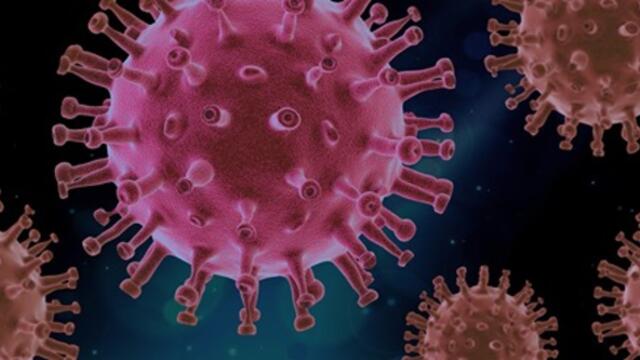Ontario reported another 1,388 new COVID-19 cases and 45 more deaths on February 6.
The province’s daily case counts appear to be declining. The seven-day rolling average – which experts consider a more accurate indication of virus spread – is now 1,479, down from 1,968 a week ago.
The reproduction number or R, which represents the number of people a single case will infect, is 0.9. An R number of below one means the epidemic is slowly dying out.
Ontario detected 1,670 new cases on Friday, 1,563 on Thursday, and 1,172 on Wednesday.
The province confirmed 745 on Tuesday, but the low number was due on an data migration at Toronto Public Health. The technical issues, which should be resolved by next week, also resulted in an overestimation of new cases on Friday.
Of today’s 45 deaths, 22 were residents of long-term care homes. The total number of long-term care residents who have died in Ontario to date is 3,719. The provincial death toll is 6,438.
Labs in the province have also confirmed 165 variants of concern – 164 UK variant cases and one South Africa variant. These virus mutations are considered more transmissible and can lead to more severe illness in some people.
Yesterday, Toronto Public Health announced five variants of concern have been identified in two health-care facilities in the city, including one case of the UK variant.
The positivity rate and hospitalizations have also seen declines in recent days.
Medical labs conducted more than 62,300 tests in the past day, making for a positivity rate of 2.6 per cent.
There are 1,021 patients in hospital, down from 1,043 yesterday. There are 325 patients in intensive care, including 228 on ventilators.
Another 1,796 cases are now considered resolved. To date, there have been
276,718 confirmed COVID-19 cases. Of those, 254,966 are resolved.
As of 8 pm last night, the province had administered 372,666 doses of COVID-19 vaccines.
































